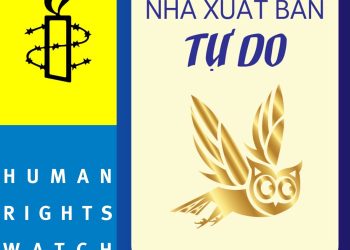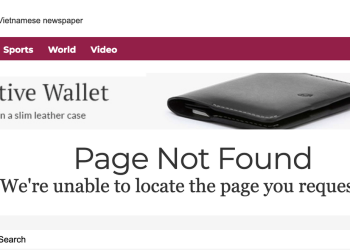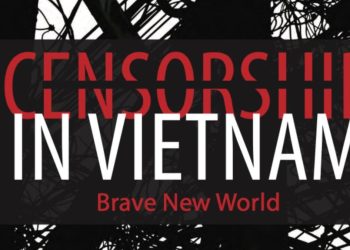Two Human Rights Groups Issue Joint Statement Against Harassment of Independent Publishing House
Amnesty International and Human Rights Watch have condemned the Vietnamese government for their escalating harassment of an independent publishing house.Liberal ...




